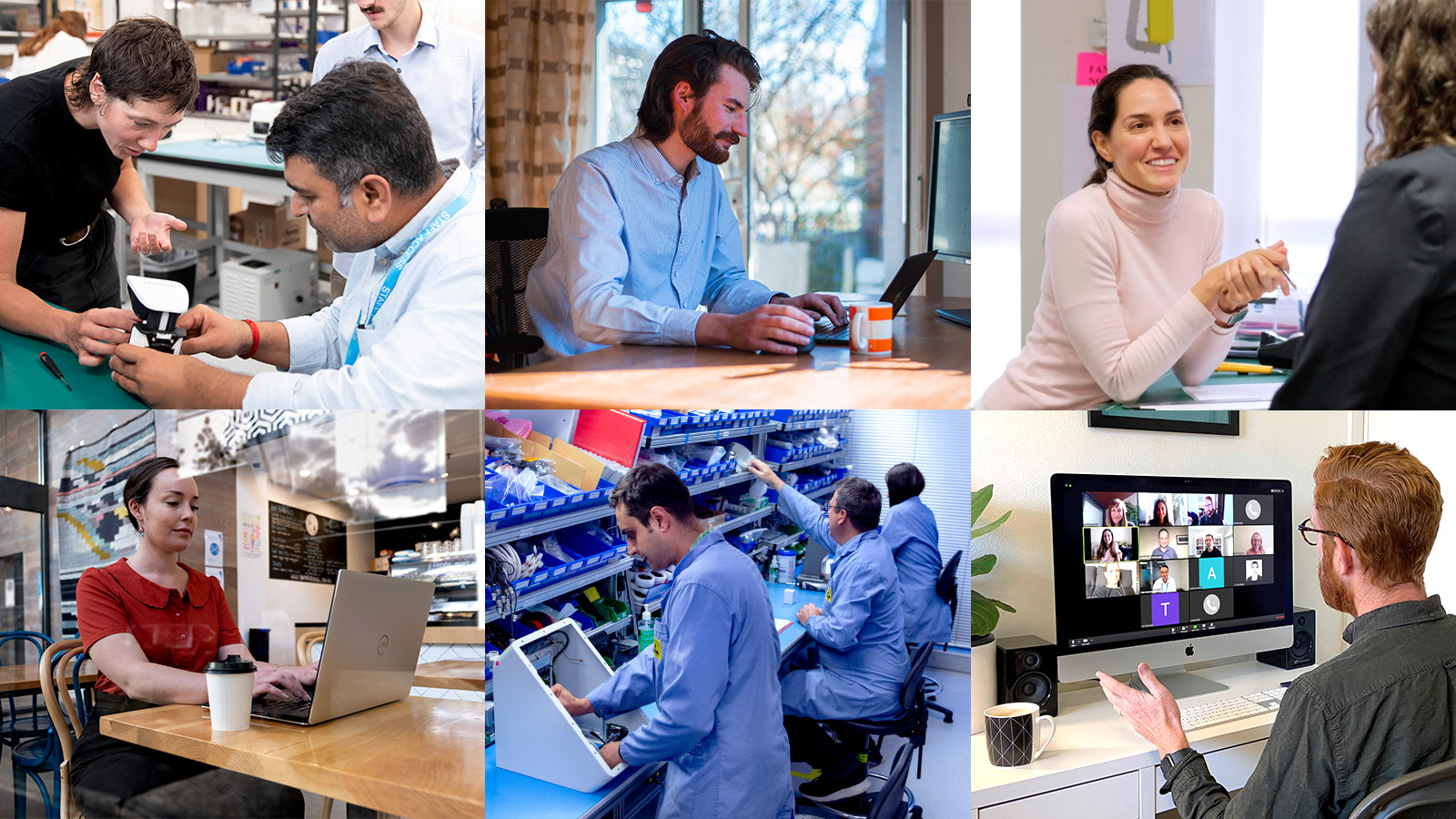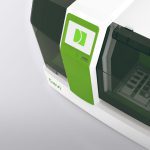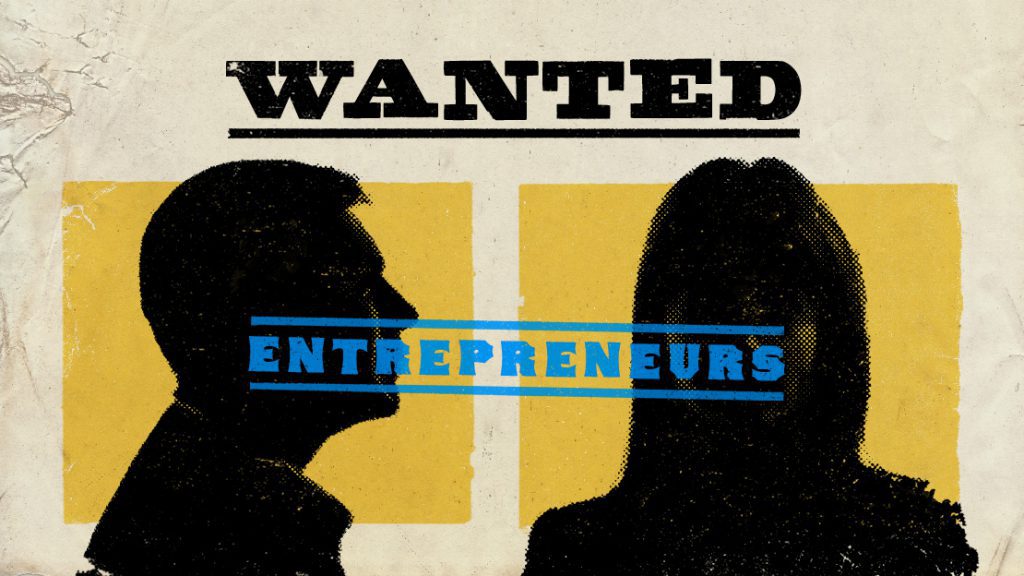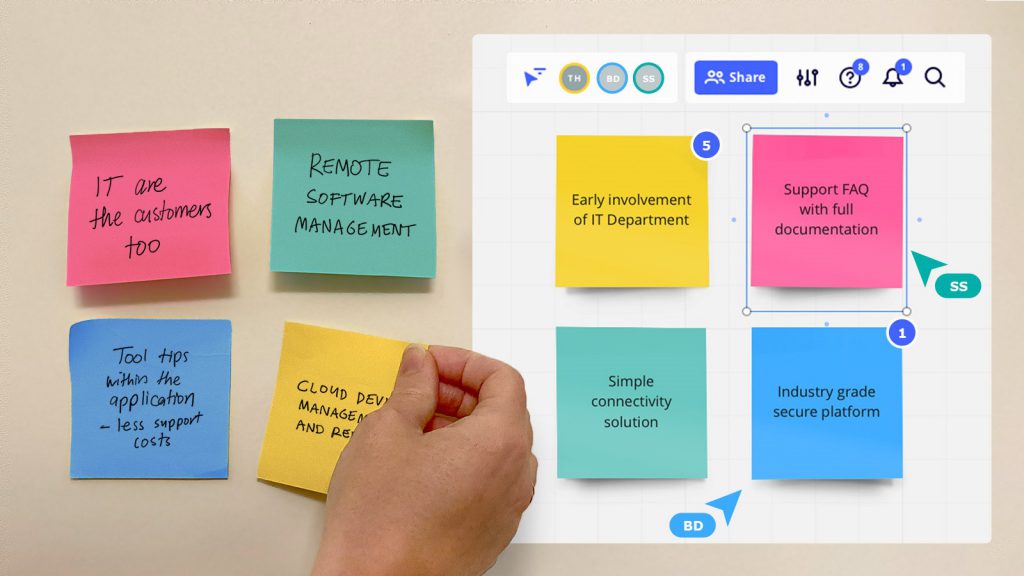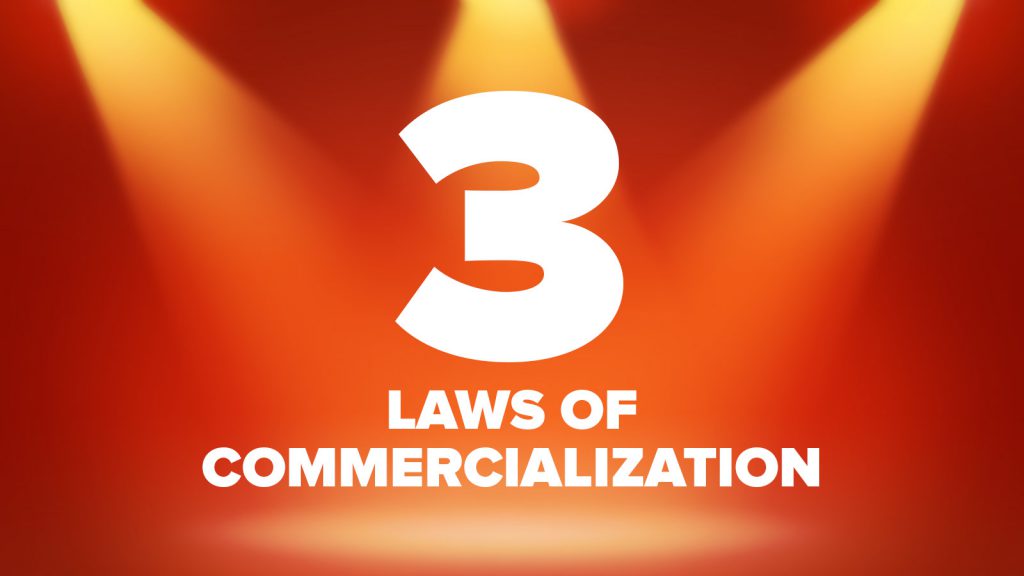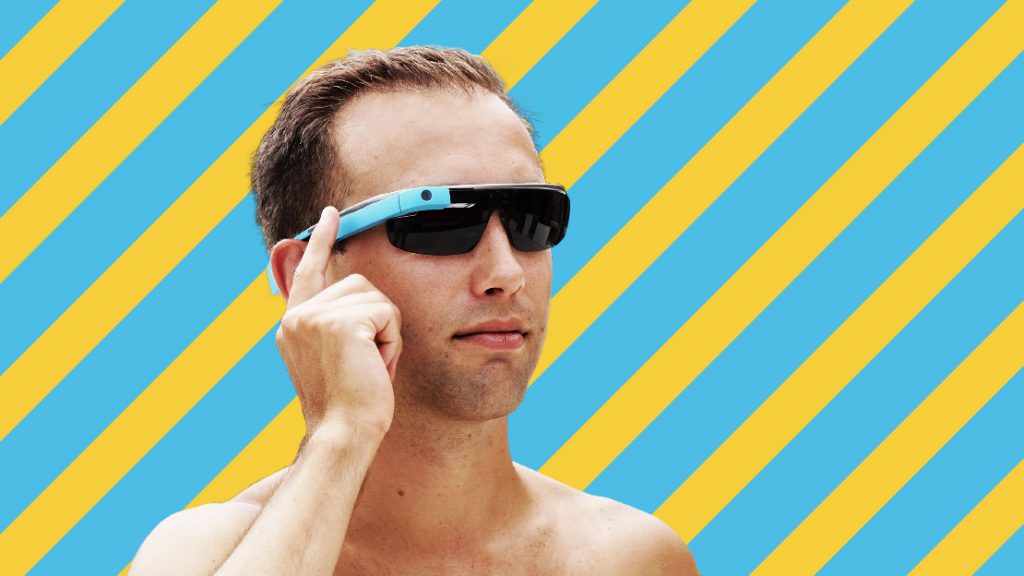
At PI, we believe that work is ‘what we do’ not ‘where we go’. That belief has seen us introduce new Ways of Working that empower our people to choose where, when and how they work to produce their best outcomes.
Planet Innovation has always been a flexible workplace.
Within reason, staff have always had the freedom to arrange their workday around their personal commitments. We supported team members to work part-time.
But now we are taking that flexibility to the next level.
COVID showed that we can trust our workforce. That they can be as, if not more, productive when given the freedom to work in their own space, in their own time.
And feedback from staff showed they valued this flexible approach.
So we have introduced a new Ways of Working (WOW) policy that empowers teams and individuals to develop a workstyle that suits their lifestyle. That means not just changing where they work, but how and when they work.
It can include a combination of working from home, the office, a café or a co-working space. And the rigid 9-5 workday, 5 days a week has gone.
We are partnering with our people to bring out their very best performance. Knowing that their best performance also means the best performance for our business.
Helping staff develop their own work style
People are different. They have different styles of communication and different preferred ways of working.
While some thrive in the buzz of the office, others prefer to have quiet thinking time. While some do their best work in the morning, others like to burn the midnight oil. They have different family and life commitments that affect when they can be their most productive.
Tasks and jobs are also different. Some are better performed face-to-face with team members, while others benefit from the quiet at home.
At PI, we are recognizing and embracing these differences.
We are putting training in place to help people understand how, when and where they work best, so they can develop their own individual work style.
We are encouraging our staff to work with their managers to tailor their work routines to bring out the best performance for themselves and their team.
Changing how and when you work
Currently, people are still adapting to the changes, but we expect that going forward most staff – with the exception of our assembly technicians – will have some balance of working in the office and working remotely.
Myself, I am currently working primarily from home. I take Wednesday afternoons off to care for my elderly mother and I make up the time on Saturday mornings. I catch up with rest of the People Matters (HR) team through a mix of one-on-one and team catch-ups – sometimes virtually, sometimes in person. This month, the People Matters leadership team met up in a café for brunch to review progress. This works for me, but everyone is different.
Take, for example, our Principal Experience Designer Jeremy Stimson. Jeremy works across several projects as part of cross-functional teams. He’s generally spending two days a week in the office and three days at home. Being in the office gives him a chance to connect face-to-face with different project team members and get quick decisions. Home gives him more time to work undisturbed on tasks that require deep concentration.
Jeremy has found that online tools have actually made his job more efficient when it comes to journey mapping and usability testing. For journey mapping (documenting a user’s interaction with a product from start to finish), his physical post-it notes and whiteboard have moved online via tools such as Miro and Stories on Board. He’s found participants enjoy the novelty of the new tools and appreciate that it’s eliminated the need for them (or him) to travel to do the session in person. Having everything digitized from the get-go also makes it easier for him to document the session afterwards. For digital usability testing, Zoom or Microsoft Teams means you can share screens and watch live while people interact with the new software. And it’s easy to record their actions to review again later.
Another benefit Jeremy’s found is around the flexible hours. He often has virtual meetings with European clients in the evenings, so he appreciates that he can take a break in the afternoon and early evening for exercise and dinner, before logging back on. No more staying late in the office or rushing home during peak hour for an 8pm call.
Basically, as long as staff are available for at least half the working day for meetings and calls, and can head into the office as needed, we don’t mind when they do their work, as long as it gets done.
A new office for a new way of working
Our new Ways of Working policy doesn’t just address remote work. We are also redesigning our Australian and USA offices to suit different work styles.
We’ve expanded our Melbourne manufacturing facility, and we’ve upgraded our labs and build areas to give our design engineers more resources and facilities to build and test products.
The rest of the office will be a mix of bookable desk ‘neighborhoods’, meeting spaces, quiet areas, and creative collaboration hubs.
All our meeting rooms are fitted with virtual conferencing facilities, so colleagues and clients can join from wherever they are.
We’ve also put in place the IT infrastructure to support a more flexible way of working. This includes a range of online collaboration tools, as well the equipment staff need to work comfortably from home, in the office, or elsewhere.
Why is PI doing this, when so many other businesses are encouraging staff back into the office?
While a product development and manufacturing company may sound like the last type of place to embrace flexible working, we found the transition to remote working during COVID remarkably smooth.
We already had an agile culture due to the project-based nature of our work.
We had a head start on flexible, remote working. With clients in many different countries around the world, and teams split across Australia and the U.S., we were used to communicating virtually prior to COVID.
We have a leadership team that is not only open but eager to embrace new ways of working.
We also have a highly engaged and committed workforce who genuinely believe in what they’re doing and want the company to succeed.
With this foundation, it’s easy to trust that staff will do the right thing by their team, project, and PI.
How do you maintain your culture with these new ways of work?
PI has always been a work hard, play hard kind of company.
From weekly sporting activities such as basketball and frisbee, to Pilates classes and lunchtime board game clubs, we’ve got it. There’s an annual ski trip, igloo building and various corporate events like triathlons.
The last thing we want to do is lose this culture, as it is an important part of what makes PI a great place to work. But now we’ve also opened up other ways to connect.
At a corporate level, we’ve made a conscious effort to modify our communications to suit this more flexible way of working. Our quarterly all-staff meetings (called ‘Planetary Alignments’) are now monthly, and conducted both in-person and streamed virtually.
We’ve put processes in place for staff to set up virtual teams for special interest groups. We’re improving and expanding our intranet.
We’re also adapting our people practices to suit this new way of working. Everything from our People Leader training, to our new starter onboarding, to our graduate mentoring programs are being designed for this new work model.
We are forever experimenting and trying new things to see what works best to drive connection, belonging, engagement and teamwork. For example, we’re piloting using Donut on our Slack channels to create random connections between team members. This helps replicate those casual in-office chats (and in some cases also makes it easier for previously quiet people to come out of their shells and connect with others).
Staff members are still encouraged to meet up face-to-face, but they are no longer limited to the office. Depending on the nature of the work, they are welcome to meet each other for a walk or a coffee.
And of course, COVID-restrictions dependent, all those opportunities to have fun and connect with your colleagues face-to-face are still available.
A way of working for the future
In 2020, we were all forced to work differently. While initially disruptive, it demonstrated to PI that work is really ‘what we do’ not ‘where we go’. It was an experiment that leadership and staff were keen to continue.
And so far it is working. This people-focused policy is having a positive impact for both staff and the business. PI is thriving. Financially. Culturally. And in fulfilling its vision to have a positive impact on the world.
I truly believe our Ways of Working is the way of working of the future. By focusing on the outcomes you want and trusting your teams to work out the where, when and how, your people will ultimately be happier, healthier and more productive.
Sound like a place you’d like to work? Check out our Careers page for current opportunities.

